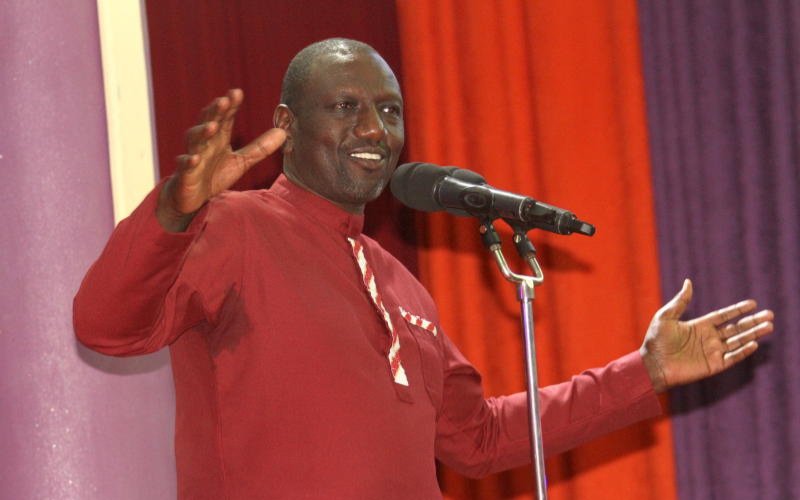×
The Standard e-Paper
Smart Minds Choose Us

Since coining the phrase ‘hustlers versus dynasties’ to fire up his 2022 presidential ambition, Deputy President William Ruto has received an avarice of criticism from fellow competitors and other Kenyans.
The critics interpret the narrative as an attempt by the DP to mobilise and organise his political base to cause a class war – pitting the majority poor against the rich minority.